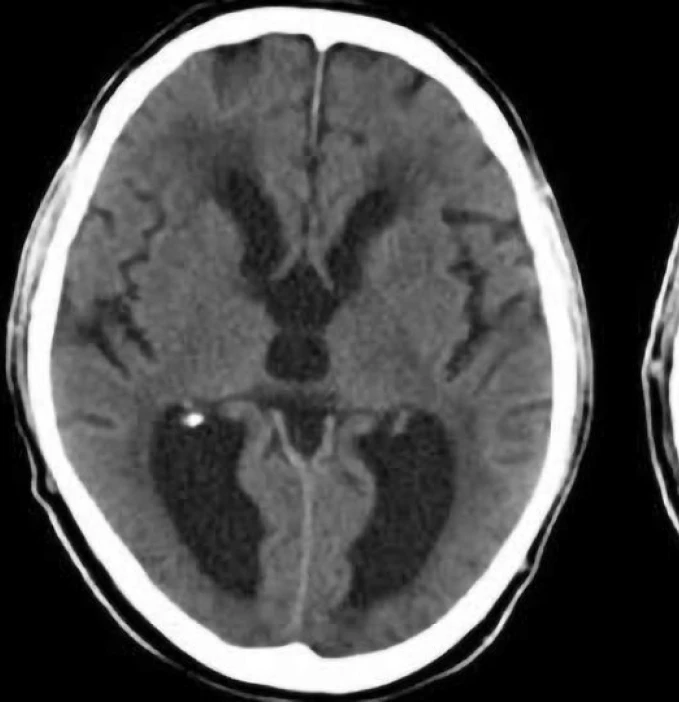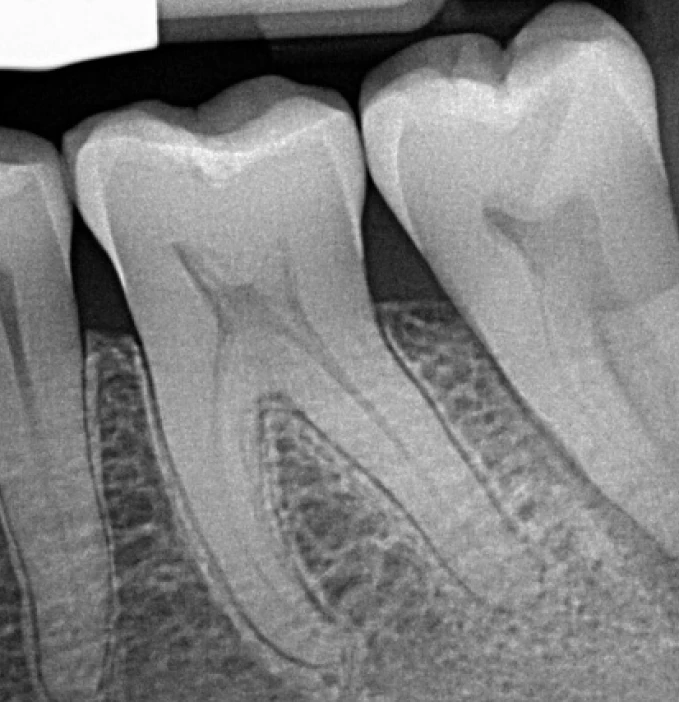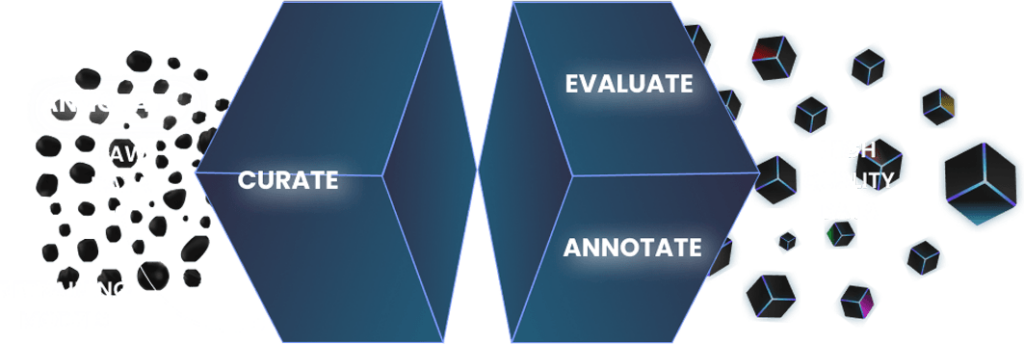Clinical Dataset
Home » Case Study » Medical » Clinical Dataset
Project Overview:
Objective
Our mission was to develop a comprehensive clinical dataset to revolutionize healthcare analytics and predictive modeling. As a result, this dataset is critical in enhancing patient care, diagnosis accuracy, and treatment effectiveness. By integrating diverse medical data, we aim to offer deeper insights into patient outcomes and medical practices. Moreover, our efforts are focused on ensuring that the dataset serves as a foundation for innovative medical research.
Scope
We embarked on a meticulous project to assemble a diverse and rich machine-learning dataset. This dataset is crucial for identifying and analyzing clinical patterns, patient behaviors, and treatment outcomes across various medical domains. As a result, it will enhance our ability to provide more accurate diagnoses and personalized treatment plans. Additionally, the dataset’s diversity ensures that it covers a wide range of medical conditions and demographic variations, making it invaluable for comprehensive research. Furthermore, the project scope extends to continuously updating and refining the dataset, ensuring it remains relevant and useful.




Sources
- Healthcare Collaborations: By forging partnerships with numerous healthcare institutions, we have successfully accumulated 120,000 high-resolution patient images, clinical records, and treatment outcomes. Additionally, these collaborations have enabled us to obtain real-world data crucial for practical applications.
- Simulated Clinical Trials: Furthermore, to broaden our dataset, we simulated clinical scenarios, thereby adding 30,000 records that include patient simulations, hypothetical treatment outcomes, and virtual patient demographics. Consequently, this approach has enriched our dataset with diverse clinical perspectives.
- Public Health Databases: Moreover, we enhanced our dataset with 20,000 annotated entries from globally recognized public health databases. Integrating public health data adds a layer of reliability and completeness to our dataset, ensuring a well-rounded and comprehensive collection.



Data Collection Metrics
- Total Records: 170,000
- From Healthcare Partnerships: 120,000
- Simulated Clinical Trials: 30,000
- Public Health Databases: 20,000
Annotation Process
Stages
Clinical Data Categorization: Each record was precisely labeled, categorizing data into areas such as patient demographics, diagnosis, treatment plans, and outcomes. Consequently, this categorization facilitates targeted analysis.
Detail Metadata Annotation: Each entry was enriched with metadata, including symptom descriptions, diagnostic methods, and treatment efficiency. Additionally, this detailed annotation ensures comprehensive data usability.
Outcome Assessment: Patient outcomes were evaluated and annotated, thereby aiding in the development of predictive healthcare models. Furthermore, assessing outcomes helps in refining treatment protocols.
Annotation Metrics
- Records with Detailed Annotations: 170,000
- Categories Classified: 170,000
- Outcome Assessments Documented: 170,000




Quality Assurance
Stages
Continuous Model Evaluation: Regularly monitored the performance of healthcare predictive models, subsequently retraining with updated data to maintain utmost precision. Consequently, this ongoing evaluation ensures model reliability.
Privacy Protocols: Moreover, rigorously adhered to patient data confidentiality and HIPAA compliance, ensuring all datasets are anonymized and ethically sourced. Additionally, this compliance guarantees ethical data handling.
Feedback Mechanism: Furthermore, engaged with medical professionals to gather insights on dataset applicability, thereby enhancing the relevance and accuracy of our models. Moreover, feedback from professionals ensures that the dataset meets practical needs.
QA Metrics
- Model Accuracy in Clinical Predictions: 97.2%
Processing Speed for Data Analysis: 15 ms per record
Accuracy in Diagnosis Prediction: 96.8%
Conclusion
Our Clinical Dataset project has ushered in a new era in healthcare analytics. By providing an extensive, well-annotated dataset, we have enabled the development of sophisticated AI models that promise to transform patient care, enhance diagnostic accuracy, and streamline treatment processes. Consequently, this AI-driven approach not only ensures precision in healthcare but also significantly improves patient outcomes. Thus, it marks a milestone in medical technology advancements. Moreover, as we continue to innovate, this dataset will remain a cornerstone for future advancements in medical science.

Quality Data Creation

Guaranteed TAT

ISO 9001:2015, ISO/IEC 27001:2013 Certified

HIPAA Compliance

GDPR Compliance

Compliance and Security
Let's Discuss your Data collection Requirement With Us
To get a detailed estimation of requirements please reach us.